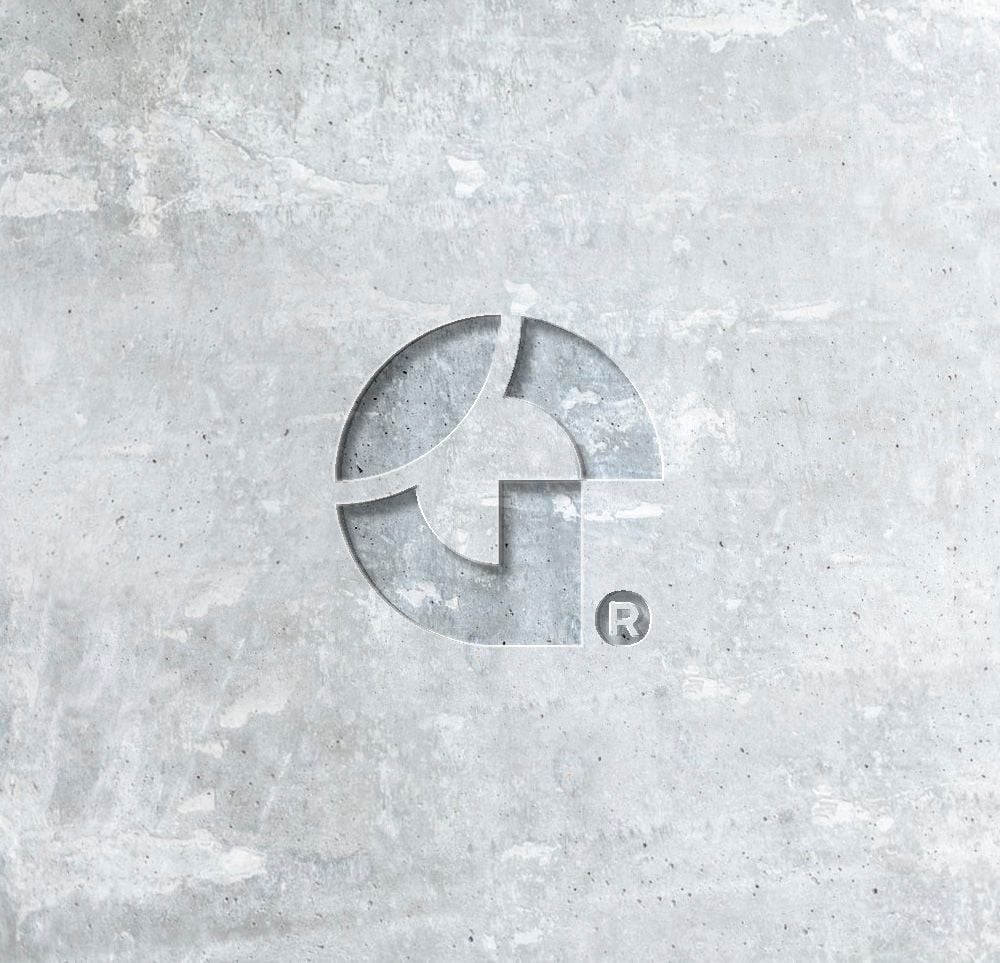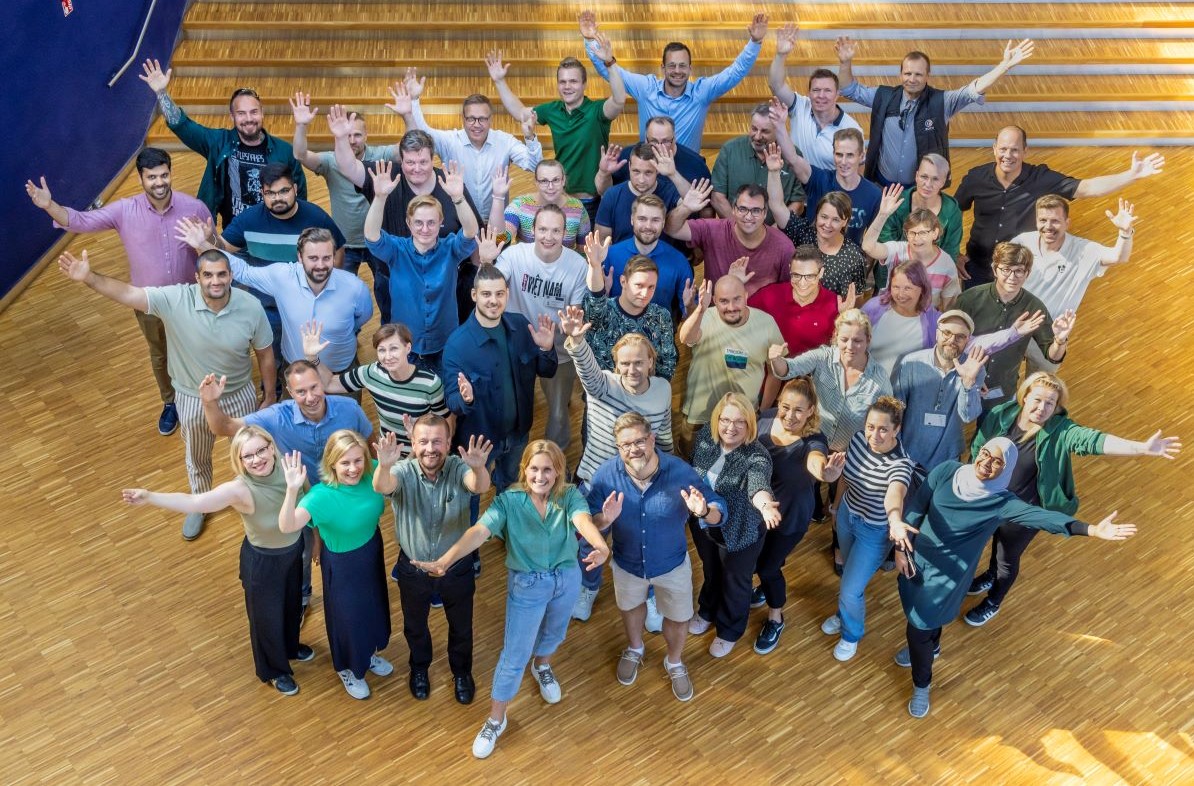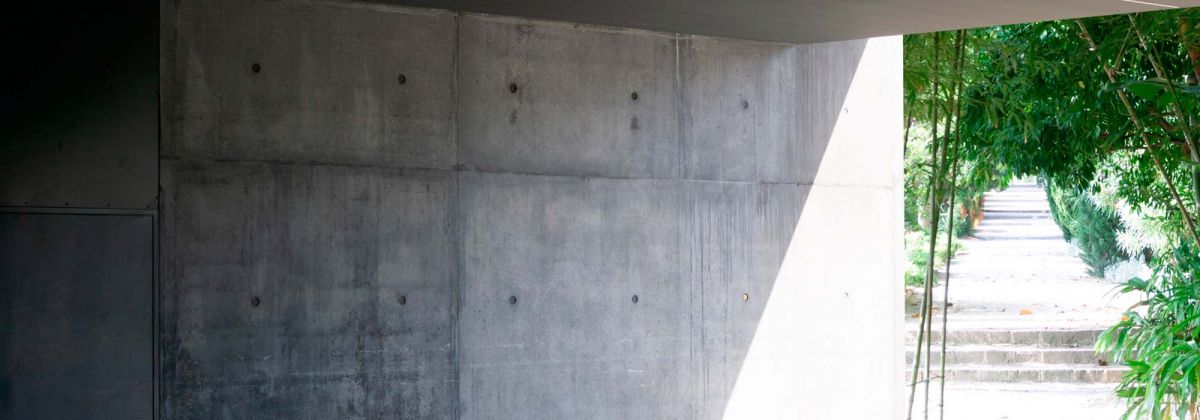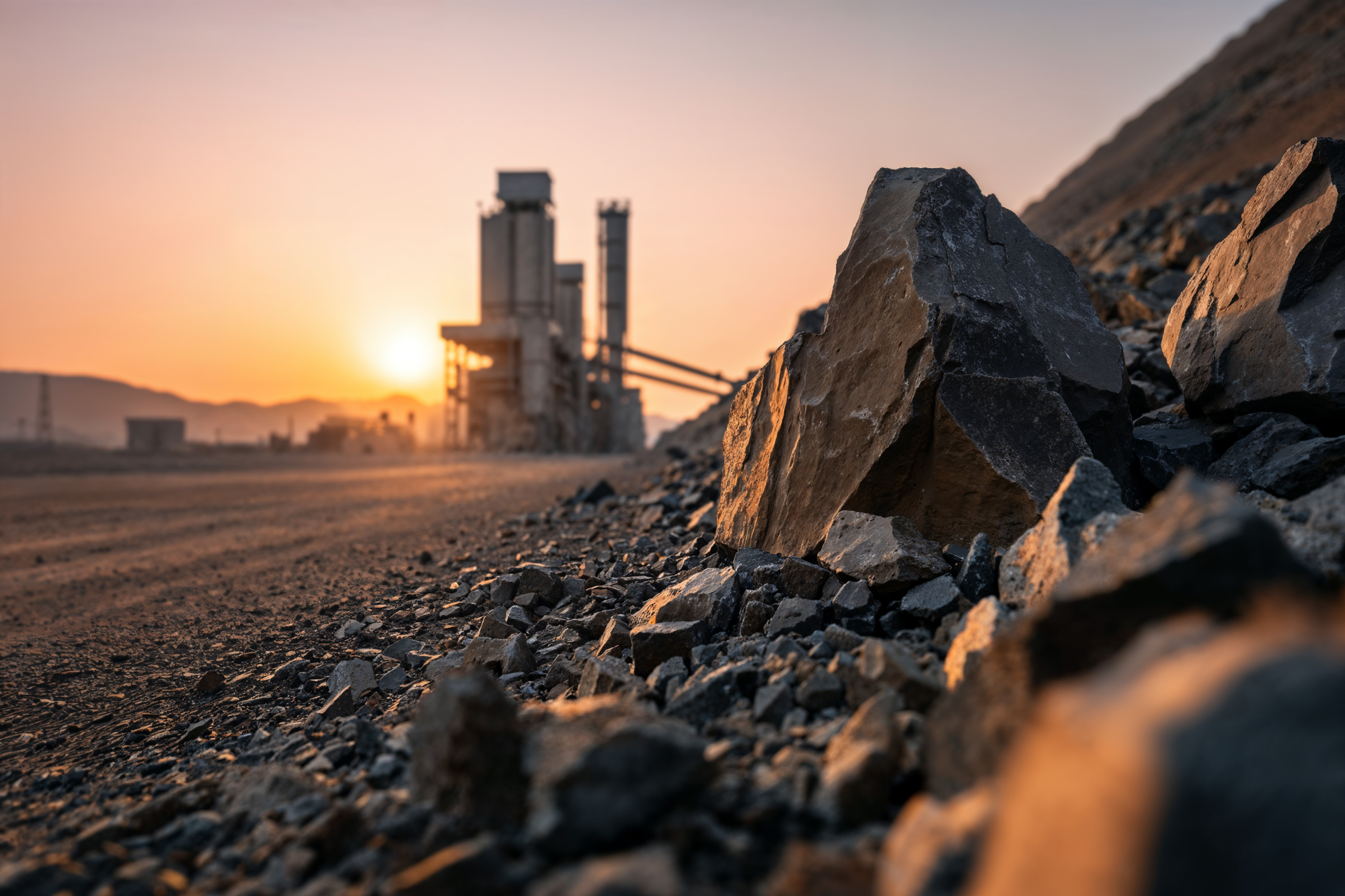-
Technology
Familiarise yourself with Geoprime®
View a video
View a video
- Solutions
- Sustainability
-
News & cases
-
Releases
Press releases, company releases and management transactions
-
Blog
Articles
-
Reference cases
Success cases from our customers
-
Events
Upcoming and past events
-
Releases
-
Company
-
About us
Learn more about our story and Betolarians
-
Careers
Interested in working at Betolar?
-
Become a partner
Become one of our trusted partners
-
Contact information
Fill a form to contact us and we'll get back to you
Betolar careers
Want to join our team?
Reckon you are just the forward thinking professional we are looking for? Let us know about you!
Check available job positions
Check available job positions
-
About us
-
Investors
- Overview
- Investor relations
- Capital Markets Day 2025
- Investor calendar
- Reports and presentations
- IPO
Interim report
Business Review Q3/2025
Check the webcast recording of our Q3 Business Review
View webcast
View webcast

Strategy and targets
Creating significant value from sidestreams
We focus on industrial sidestreams and international clients in the mining and metals industries. Establishing a strong position in the utilization of sidestreams is essential to unlocking greater value creation potential. Our business is built on a proprietary AI-powered platform that accelerates solution development.
We provide our clients with solutions that enable the efficient circulation of industrial side streams. This reduces the use of cement, lowers environmental impact, and increases self-sufficiency.
Global trends
The demand and growth of Betolar's solution are driven by four significant megatrends.
1. Localization and geopolitical uncertainty. Geopolitic risks contribute to ensuring the sustainability of global supply chains, reducing dependence on them and strengthening security of supply. The new material solutions of the future will increasingly be based on the use of local side streams. This will strengthen both local raw material sourcing and reduce emissions associated with long supply chains.
2. Circular Economy. The importance of the circular economy is growing rapidly as the sustainability problems of the traditional economy model increase. The use of virgin natural resources is a growing threat to biodiversity. The use of recycled and side stream materials in building materialsis growing strongly.
3. Urbanisation and ageing infrastructure. New and replacement construction will grow with urbanisation. Ageing infrastructure and infrastructure require complete repair or renovation around the world. Despite alternative building materials, the demand for cement continues to grow.
4. Climate change. Slowing down and adapting to climate change affects societies globally. Reducing carbon dioxide emissions in various sectors, such as construction, infrastructure and mining, plays a key role. Climate change mitigation will generate new green innovations, change the behaviour and values of builders, developers and financiers, and introduce new green regulation.
Strategy 2024–2026
Betolar's mission is to help reduce CO2 emissions and the use of virgin raw materials.
Betolar’s updated strategy is based on five key themes that direct the company to:
1. Focus on identifying, developing and productizing alternative sidestreams – especially metal exctraction from unutilized slags and mine tailings;
2. Seek stronger position in the sidestream value chain for example through partnerships or investments;
3. Accelerate solution development to large-volume and scalable customer segments in construction elements and mining industry;
4. Focus sales and marketing in selected key markets by finding best match for green demand, sidestream availability, and Betolar’s ability to generate added value by productized applications;
5. Continue developing data-based business ecosystem where Betolar AI platform’s role is central.
Business and Financial objectives
The company aims to scale its metal extraction technology to an industrial level and grow its business in material sales, targeting to replace cement in construction and infrastructure projects.
In 2025, Betolar has focused its strategy on developing solutions for the metal and mining industries for its customers. Early in the year, the company achieved significant progress in developing its metal extraction technology. The method enables the recovery of metals from unutilized slags in the metal industry and tailings from the mining industry. The remaining slag can be utilized as a cement-like binder (“circular economy cement”). In addition, Betolar has systematically built its position in the value chain of circular economy materials.
The Board of Directors has set the following business targets for the coming years (2026–2028):
- Implementation of proof of concept for metal extraction technology and scaling it to an industrial level using slags from the metal industry and tailings from the mining industry,
- Securing commercial agreements related to metal extraction technology, with the aim of achieving billion-euro revenue in the long term,
- Strengthening and expanding the value chain of circular economy materials, especially in the acquisition and sale of blast furnace slag.
With the update of business targets, the Board of Directors has also decided to set a financial target of achieving a positive EBITDA by the end of Q4/2027.
The financial targets have been set to reflect the company’s refined business focus areas. Betolar does not consider these financial targets as guidance for any single year.



.jpg)
